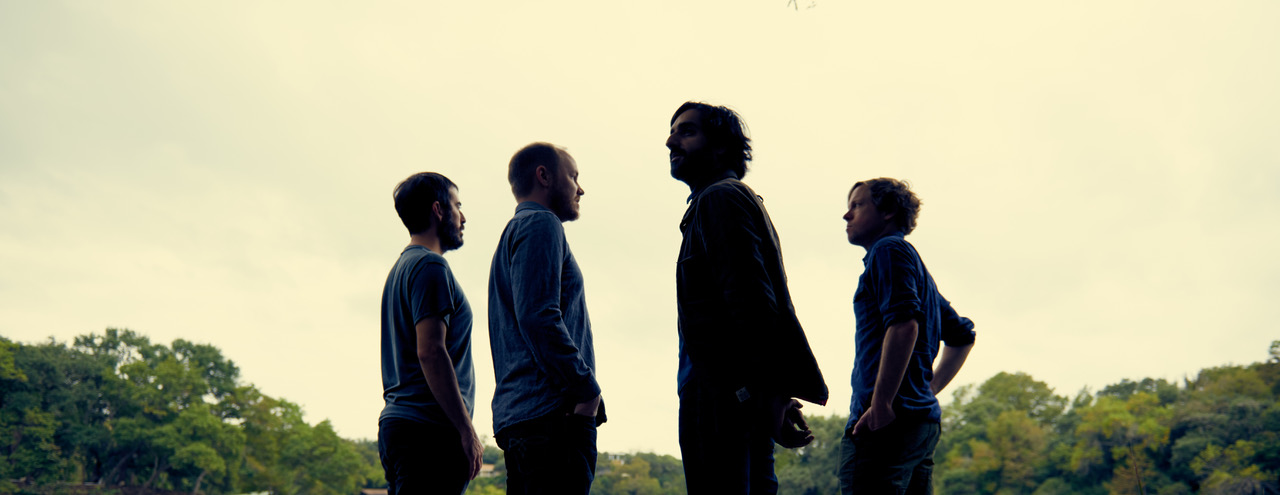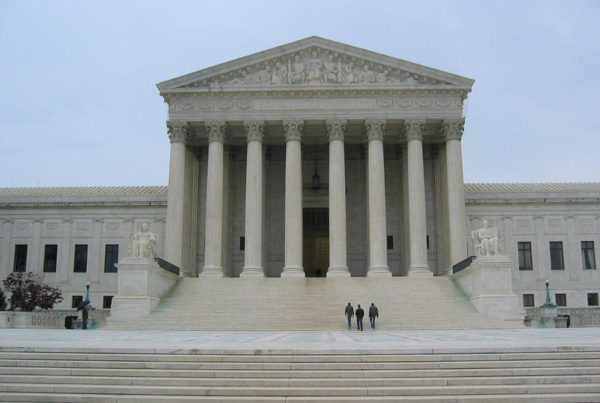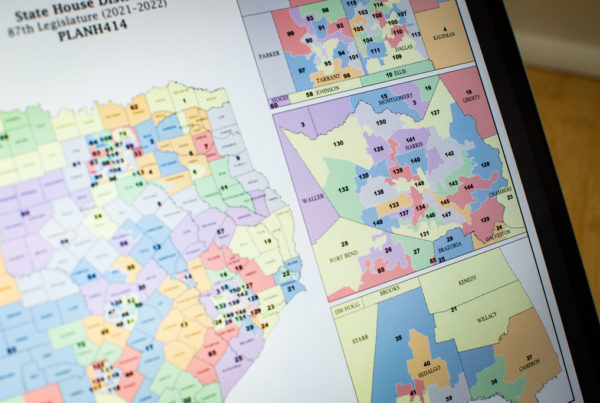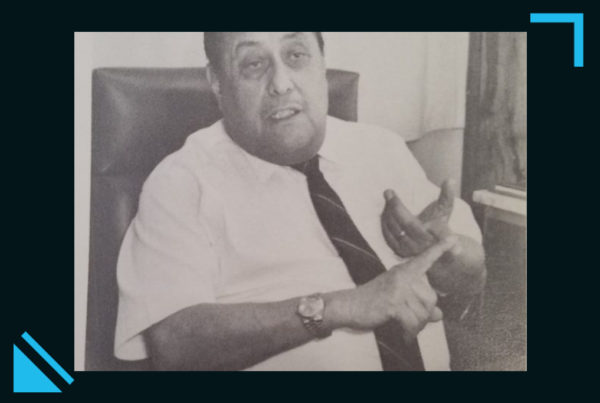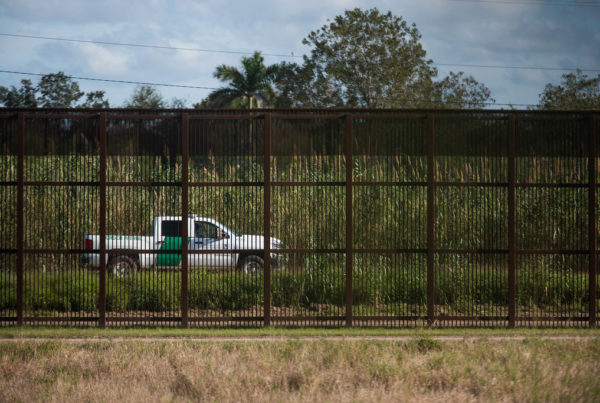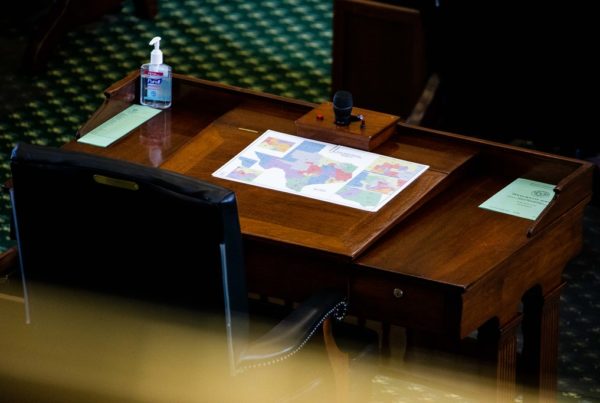It’s hard not to be awe-inspired by the Big Bend region when you’re motoring through the desert toward this ancient volcanic swell of the Chisos Mountains. If you were to write a soundtrack for the place, you’d want a band with a sound that can fill those big, dramatic spaces.
That is probably why producers of the recent PBS nature documentary, “Big Bend: The Wild Frontier of Texas,” tapped the band Explosions in the Sky to score their film. The Texas-based rock instrumentalists are known for swells that build and then crash and then build again. They recently released an album of 20 new songs inspired by Big Bend.
Chris Hrasky is the drummer for Explosions in the Sky. The band has composed other soundtracks in the past. He told Texas Standard that the documentary format gave him and his bandmates the freedom to compose music without limitations imposed by the needs of a narrative film.
“Big Bend” is available everywhere on Oct. 1.
Listen to the interview above or read the transcript below.
This transcript has been edited lightly for clarity:
Texas Standard: How did you and the filmmakers collaborate?
Chris Hrasky: They would just send us scenes and we’d watch them and kind of play along to them. And it was a little easier than other soundtracks we’ve done, mainly because this is a documentary. So it’s not dialog-based, it’s not necessarily story-based. So you have a lot more freedom, where something like “Friday Night Lights” or “Lone Survivor, you have to really be specific about when things pull out, when things come back in and all that sort of thing. And this felt almost like we were scoring a silent film in a way.
The tracks on this album have names like “Climbing Bear” – elements of nature. Are there any songs in particular that you listen to now and think, “We nailed that. We really captured whatever the filmmakers happened to have in the lens at the moment”?
Yeah, I think so. I think we were pretty confident in what we’ve done and it ended up feeling more like a cohesive record to us than a typical soundtrack. And that was kind of exciting. It’s like, these are actual songs. It’s not just sort of background music. In two years, I might listen back and be like, yes, that wasn’t as good as we thought.
Do you tend to have that experience?
That’s what always happens to every band. They go back and [say], “Oh yeah, we could have done that better.” But at the moment, we’re very excited about it and proud of it.
Are you guys on the same page about trying to evoke particular emotions, when you’re a band that that doesn’t use any lyrics? In order to do that, do you guys have kind of a vocabulary that you share?
Yeah, we do. We’ve been playing together for so long we’re very kind of best friends and we all love each other, which is amazing that it’s still happening after over 20 years. Music writing doesn’t necessarily come easy to us, but we are always kind of talking about what should this feel like? Should this feel intimidating? Should it be sad, should it be triumphant? And we kind of agree on tone, and there doesn’t ever seem to be a lot of conflict there. It’s just been a matter of finding the right sounds or finding the right melodies. We’re able to focus together pretty well.
You guys have done a number of of soundtracks. What do you enjoy about doing that versus writing an album that’s not linked to any other kind of media?
It’s stressful in some ways, but in terms of actually writing, it goes much faster. The obvious reason for that is when you’re doing a soundtrack, you kind of have a roadmap in front of you. You have a movie, you have a script, you have a director telling you this should have this sort of feel. So you have this guide to inspire you as opposed to when we work on our albums, it always is like, what are we doing? What is this song supposed to be. With a soundtrack, it’s just much easier to watch a scene and say, “OK, this is sort of how this scene feels and what it should sound like.” And it’s a very different process than our actual records, which is much more painstaking and slow.
And you also don’t necessarily have the emotional vulnerability that comes with pushing one’s own work out there.
Oh, for sure. The soundtracks versus our records are very different animals to us. We typically don’t play any of the stuff we’ve done for soundtracks live. Those are very separate things to us and we’re definitely much more emotionally connected to the stuff we write for records. But at the same time, for the Big Bend in particular, we really were able to make actual songs out of these little pieces – shorter songs than we typically would do. But there’s stuff on there that probably we would not do on an actual proper record, but that work for the soundtrack.


